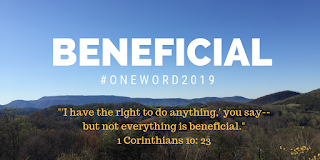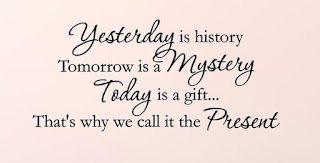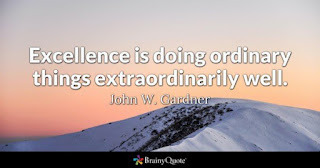- One size does not fit all. Differentiation may appear monumental, but it’s crucial to ensuring that all students learn and it’s really very doable. School is not about curriculum, it’s about students. It’s more than fair to modify a strategy, assignment, or even deadlines. For some students, differentiation is required by an IEP or other learning plan, but you may find that others simply need a little grace. So long as students are meeting the learning targets, it’s important to remain flexible. In doing so, you will find that you are not only capturing their minds but also their hearts.
- A.S.K. (Always Seek Knowledge). Listen more than speak and ask lots and lots of questions. Fellow teachers may seem busy, but we all remember that first year, and most will lend a hand. Yet, if you don’t ask, they may not realize you need help. Students are also a good resource. While they may seem uninterested in talking to their teachers, give them a listening ear, and they will tell you all you need to know (and often more than you want to hear). It’s imperative that you know your students, so you best know how to reach them.
Students are more than a score. When students don’t submit work, find out why before entering a zero in the grade book. Chances are they need help and are too afraid to ask. What may appear as laziness or apathy may actually be a cry for help. Our mission is to empower young people and prepare them for a lifetime of learning and growing. We are so much more than grade givers.
View mistakes as stepping stones—not as stumbling blocks. Remember that failure is not an end but merely a beginning. We are all works in progress. And don’t be afraid to share this message with students. They really need to hear it, especially at the secondary level.
Teaching is hard work, and we often feel unappreciated. But take heart; we are making a difference in every single student. In the words of Robert Louis Stevenson, “Don’t judge each day by the harvest you reap, but by the seeds that you plant.”
This post was a contribution to the EdWeek column, Classroom Q&A with Larry Ferlazzo on the "Sage Advice From Veteran Teachers to Those New in the Classroom."


















